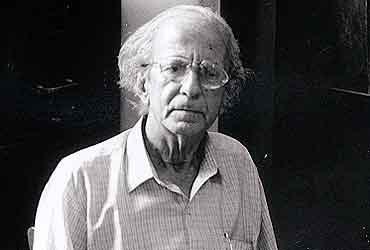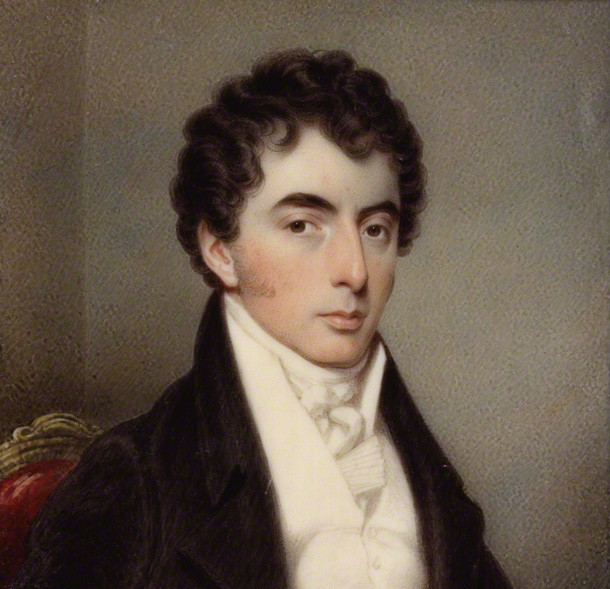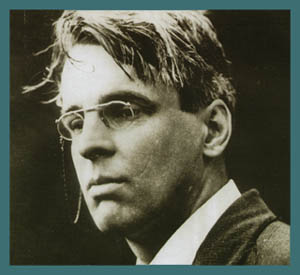This poem analysis of ‘Growing Old’ by the Victorian poet Matthew Arnold is divided into three parts – context, rhyme scheme and rhetorical devices, and Arnold’s view on the afterlife. Go through the detailed Growing Old by Matthew Arnold analysis.
Growing Old by Matthew Arnold Analysis
Context in Growing Old : This part of the poem analysis focuses on why ‘Growing Old’ is considered an autobiographical poem. This poem was published in 1967, a mere eleven years before Arnold was to die. However, Arnold’s death was arguably not at a very ripe age; in fact he was only sixty-six years old when he passed away. However, in 1867, Arnold might have been going through a mid-life crisis for sure, and that is what might have prompted him to entertain thoughts on the brevity of human life, and to compose ‘Growing Old’ as a result of this.
Arnold is best known for his poems that critique contemporary British society in the Victorian era, for he is a keen observer of the people, the customs, and the manners of his times. Arnold also writes elegantly on aspects of what he considers to be the universal human condition. In that sense, ‘Growing Old’ may seem like an atypical poem for Arnold to write at first glance.
It is autobiographical, but Arnold doesn’t write about his unique and personal experiences in general. However, we as readers must consider the fact that aging is an experience that every human being must go through at some point, and perhaps Arnold means his experience of aging to be representative of humanity’s experience itself. Seen in this way, ‘Growing Old’ no longer seems atypical at all.
Rhyme Scheme in Glowing Old and Rhetorical Devices: ‘Growing Old’ is written in free verse which, a reading of Arnold’s poetry will show, was only adopted by Arnold when he felt that he was dealing with a profound theme. It is clear from the first glance at how smoothly each line flows into the next that aging was a theme that had a strong grasp over Arnold’s poetic imagination at the time of this poem’s composition, for whatever reason.
As far as one can see, not a single intra-stanzaic end rhyme occurs throughout the thirty lines that make up this poem. We can only conjecture on whether this was done intentionally by Arnold, but we are unlikely to reach a conclusive answer to this question.
This poem explanation would be incomplete without mentioning the device of rhetorical question that Arnold has used liberally in ‘Growing Old’. The first two stanzas, which account for a third of the poem as a whole, are entirely composed of such rhetorical questions. Rhetorical questions are questions that are asked in an ironic way because the answers to them are obvious.
Here when Arnold asks whether the experience of aging can be broken down to just the physical responses of the body, the answer is an emphatic ‘NO’. That is why Arnold chooses to pose these as rhetorical questions to suggest aging has much more to do with spiritual or moral responses to the loss of youth.
Arnold’s View on the Afterlife: This part of the poem explanation focuses on how ‘Growing Old’ can be seen as a formulation of Arnold’s opinion of what happens to human beings after death. Even a single reading of this poem is enough to convince readers that Arnold does not believe in afterlife, or rebirth. He believes that death is the be all and end all of life as we know it.
This is evident from the tone that he adopts in ‘Growing Old’. His tone is pessimistic, and he makes it clear that aging men have nothing whatsoever to look forward to. This might be an effect of the widespread acceptance of empirical methods in the sciences during the Victorian era, which depended on sense experiences, and gave rise to the notion that what the human eye cannot see does not exist at all. Since man could not actually look upon life after death, Arnold denies any possibility of it occurring.
On the other hand, being the quintessential man of his times, religion did not have a very profound impact on his mind. Though he was born and brought up in a catholic household, Arnold does not offer his readers any hope of salvation or of paradise after death. Read Growing Old by Matthew Arnold Summary.
Keywords: growing old by matthew arnold analysis, growing old by matthew around symbolism, growing old by matthew arnold
Some online learning platforms provide certifications, while others are designed to simply grow your skills in your personal and professional life. Including Masterclass and Coursera, here are our recommendations for the best online learning platforms you can sign up for today.
The 7 Best Online Learning Platforms of 2022
- Best Overall: Coursera
- Best for Niche Topics: Udemy
- Best for Creative Fields: Skillshare
- Best for Celebrity Lessons: MasterClass
- Best for STEM: EdX
- Best for Career Building: Udacity
- Best for Data Learning: Pluralsight















